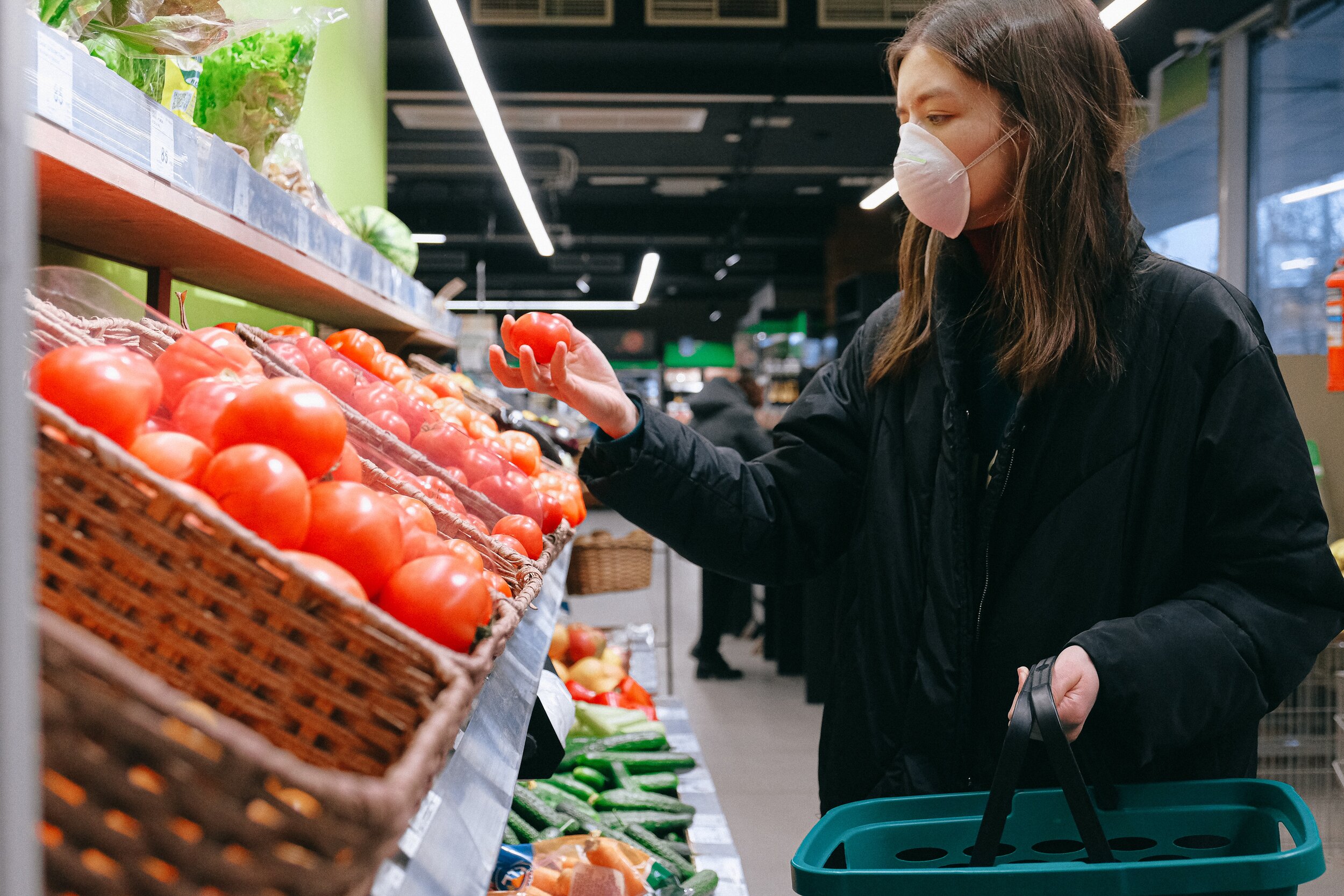Grief & Mental Health Awareness
Today; a word on grief.
It seems to be an appropriate topic as it is currently Mental Health Awareness Month - and we’re in the middle of a global pandemic.
I use the term “grief” loosely, as in many instances I am simply referring to drastic and / or sudden change. According to Dictionary.com, grief can be defined as, keen mental suffering or distress over affliction or loss; sharp sorrow; painful regret. Change is loss, and loss requires grief.
In the past six weeks, over 30 million Americans have filed for unemployment. For the first time in generations, proms and graduations were altered - or cancelled all together. Many families cannot celebrate holidays and birthdays, nor visit their loved ones in nursing homes or hospitals for an indefinite amount of time. Worst of all, thousands of people [and counting] have lost their lives. And for years to come we will feel the ripple effects of this moment.
The current state of the world is anything but “normal”. On a grand scale, it’s actually a lot to process - both as a community and individually.
A woman grocery shops in a face mask. A new normal.
Experts have even weighed in, and warn that the pandemic has the potential to have a broad impact on society if proper research and funding are not allocated to mental health.
“If we do nothing, we risk seeing an increase in mental health conditions such as anxiety, and depression; and a rise in problem behaviors such as alcohol and drug addiction, gambling, cyberbullying; or social consequences such as homelessness and relationship[s] breakdown,” Rory O’Connor, a professor of health psychology at the University of Glasgow, said in a statement.
“The scale of this problem is too serious to ignore, both in terms of every human life that may be affected, and in terms of the wider impact on society," he continued.
Although mental health does not discriminate based on race, color, gender or identity - black people are less likely to seek help for these issues in particular. Aside from the stigma associated with having a mental ailment, the lack of information, and the socioeconomic disparities, many black people don’t seek help because they simply can’t find anyone that looks like them.
It may sound silly, but it’s not. And we all know why.
Just in case you don’t know why, it’s because of racism.
All this to say; be mindful of your mental health - especially now, during such trying times.
During the pandemic, the CDC advises people to look for common signs of distress like difficulty concentrating, changes in energy, appetite, emotion, or increased use of controlled substances.
Even the slightest bit of stress, good or bad, can cause chemical reactions in your body. So if you’re like me, and struggle with the idea of seeking help because of the options available to you, please find comfort in knowing that the first step in dealing with these stressors is simply being aware of them.
Once you are aware that you, like everyone else, have been affected, I encourage you to take action. If caught early, simple things like eating healthier foods, regular exercise, meditation, and / or supplements can help with stress and anxiety. However, if left unchecked, these temporary imbalances can have long-lasting and sometimes permanent effects.
If you find that your home remedies aren’t quite enough, continue to seek the right professional for you. But whatever you do, don’t forget to check-in and always be aware of your mental health!

